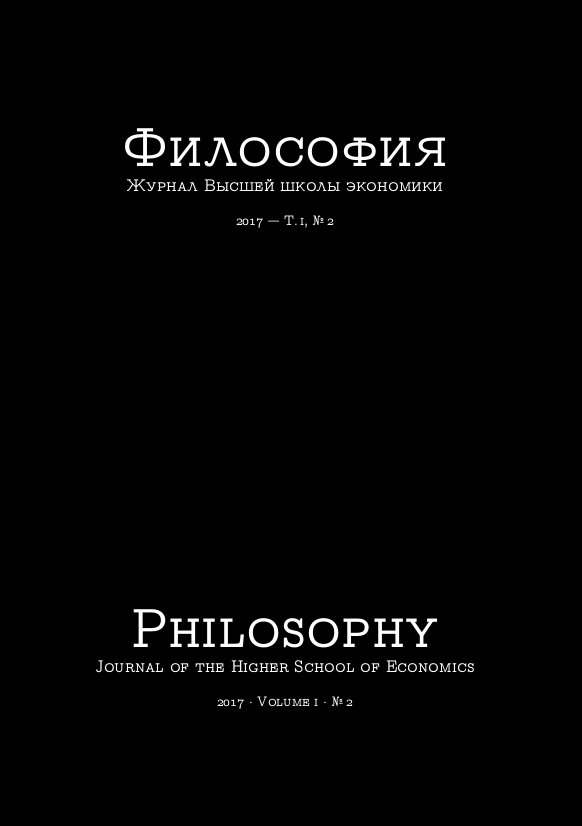Order and Revolution in Kant's Political Philosophy
Abstract
Kant’s philosophy seems severely strained on the junction between the moral and the political. His “pure moral metaphysics” prescribes inner moral revolution towards gaining autonomy. However, his “empirical” political theory demands full obedience to any acting authority regardless of its moral worth. This paper contains a review of several recent attempts to reinterpret Kant’s prohibition of political revolution and an analysis of Kantian arguments to this eff ect. These arguments seemingly fall into two categories: formal, legalist ones and prudential, empirical ones. Kant’s formal arguments seem to run into a paradox, formally similar to the “barber’s paradox”: he states that any human being is in need of a master and that any master is a human being. Kant’s solution is formally similar to Russell’s “type theory”: a legislating sovereign is forbidden to be placed under the legislation to avoid what could be called self-reference. A sovereign becomes a person of another type at a meta-level, which, however, hardly suits modern political world that is lacking transcendent ontology and is ordered horizontally. If this really does create a contradiction for Kant’s argument, then his formal legalist argument (it is illegal to go against the law) loses force. The remaining prudential arguments turn on stressing Hobbesian dangers of the state of nature. They are empirical and probabilistic, so they might not seem convincing to those who do not share certain Kantian presuppositions. Thus Kant’s criticism of revolution is not itself unproblematic, and this makes it even more vulnerable to the overwhelming force of “pure moral philosophy” with its ideas of autonomy, enlightenment, human dignity and so on. In this light Kant’s reputation of a “terrorist” (Heine) and a theorist of revolution (Marx) might seem not without grounds.






